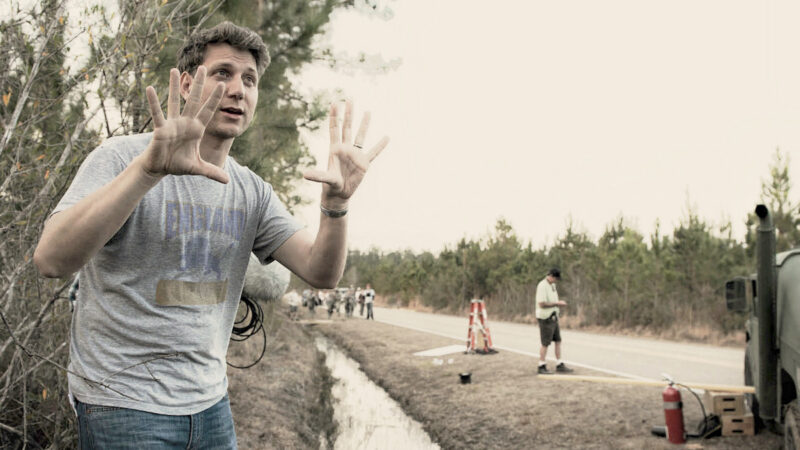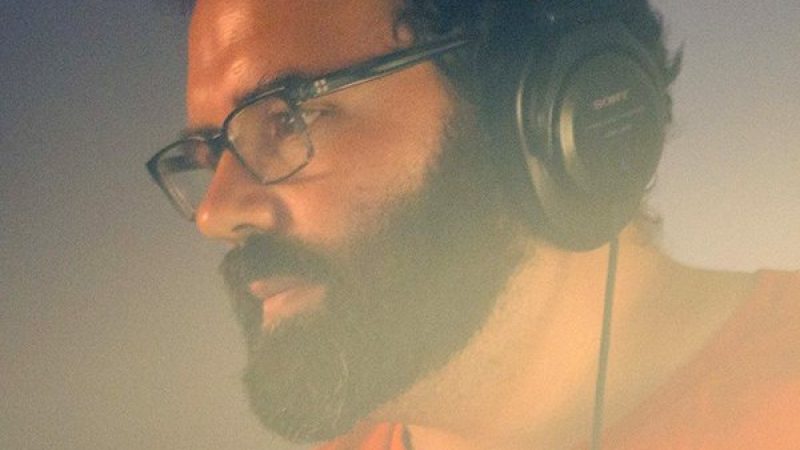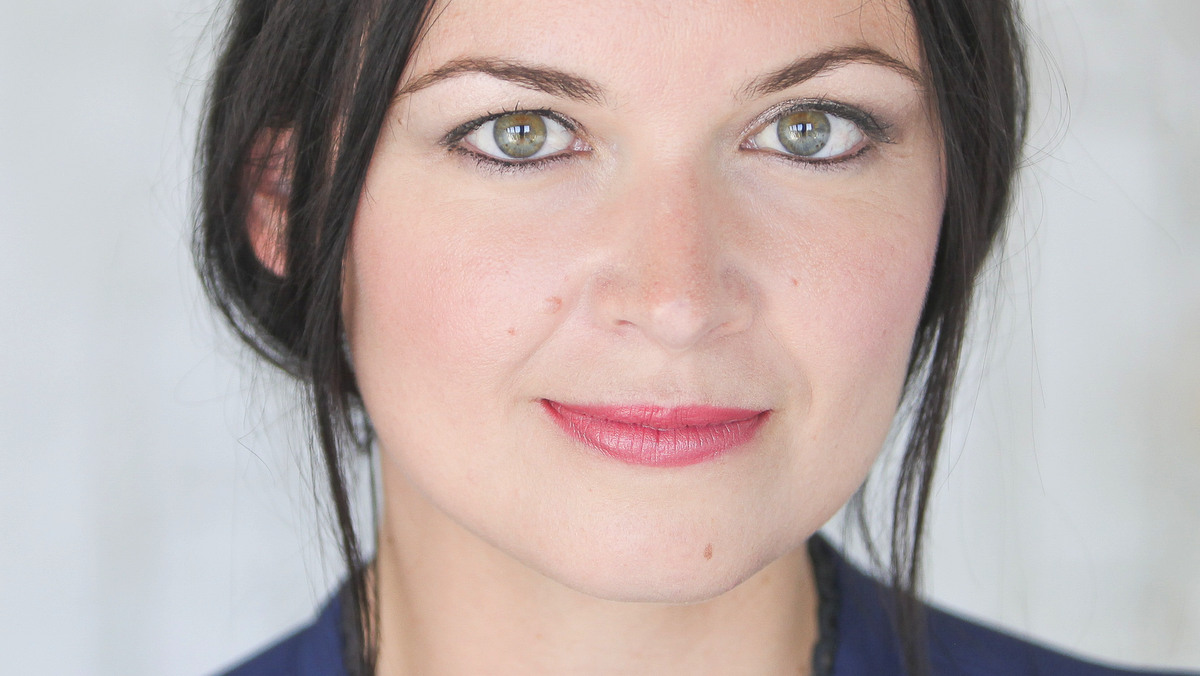
I am a British actress, screenwriter, producer and, most recently, director, but I haven’t really got to where I am in a conventional way! I started out by taking a degree in Hispanic Studies and living in Spain, which was followed closely by raising a family, so I didn’t start working in the film industry until much later. My first experience on a film set was as a background artist in the feature film Les Miserables.
For me, getting to play a nun and sing a song in Latin alongside Hugh Jackman was my lightbulb moment! I remember taking in the hustle and bustle of such a large film set and knowing that this was what I wanted to do for the rest of my life! However, I quickly learned that it wasn’t easy to cross over from extra work into acting, and it took me a good few years to build up my acting credits, get onto Spotlight and finally get an agent.
Acting and bringing characters to life is definitely my main passion, but I also enjoy working on the other side of the camera, creating projects from scratch and seeing them come to fruition.
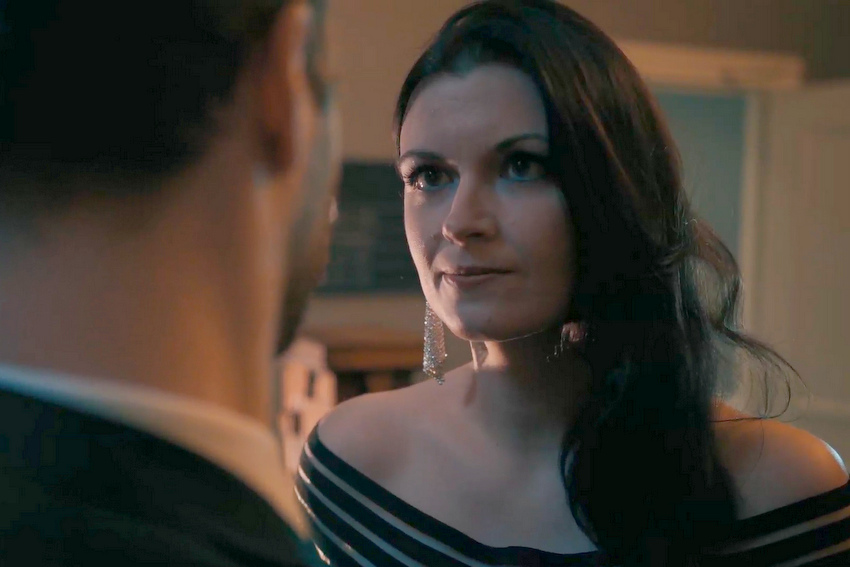
indieactivity: How do you create a character?
Cheryl Neve (CN): I like to explore my character very thoroughly. I do a lot of research and create a detailed backstory, so if certain information about them isn’t obvious in the script, I fill in the blanks using my imagination. Occasionally, I might use a certain piece of music to help me get into character, especially if it is an emotional scene, and I watch a lot of films that are relevant to whatever I am studying at the time.
Tom Hardy once said that he borrows from other actors’ work when creating a character, so I decided that if it’s good enough for Tom Hardy, it’s good enough for me!
Tell us about the work you have produced?
Cheryl Neve (CN): I’ve played a variety of roles, from a slightly unhinged doctor to a 1940s singer! Each one of them has been brilliant to get my teeth into, and I’ve learned something from every character. Looking to the future, I’ve been cast in an American TV series called The Vice Squad which I’m very much looking forward to.
Screenwriting-wise, I’ve recently written sci-fi short Doorstep, a drama based in Tennessee called Sitting Under The Chestnut Tree, spy thriller The Doorman, WW2 film The Code and Cold War short film Cheating Charlie. I like to keep things varied!
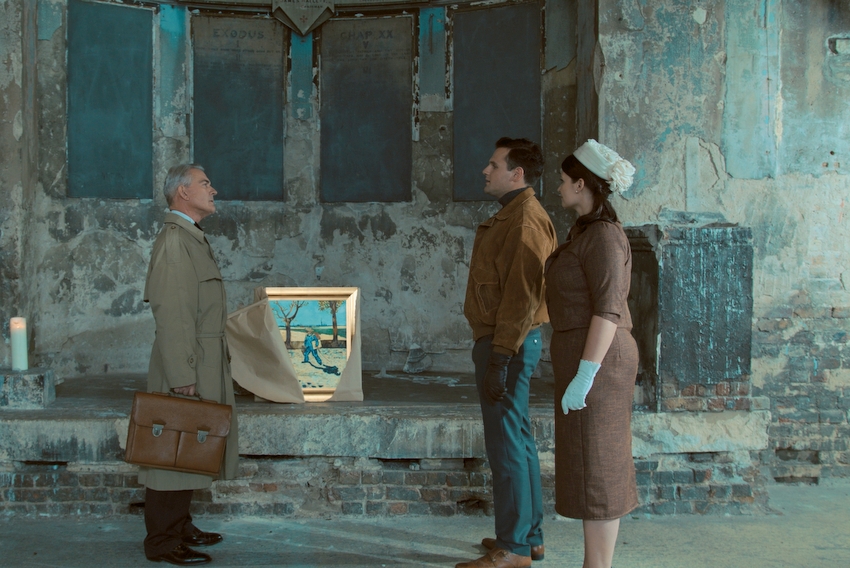
How do you combine producing, acting and writing?
Cheryl Neve (CN): I feel that they all combine beautifully. If I’ve written a film, I already know my character and the story like the back of my hand, so I have a clear idea of how I’m going to play the character very early on. The same goes for producing, although at times I have to be careful not to let my producer’s head hinder my creative flow!
When I was writing my most recent project, 1960s Cold War thriller Cheating Charlie, I was tempted to leave out the characters’ journey in a Trabant, because I knew that it would be very difficult to get hold of a working one here in the UK! However, I made the decision to keep the scene in the script, and it has turned out to be one of the most authentic moments in the film!
Explain your writing process?
Cheryl Neve (CN): The idea for Cheating Charlie was sparked when I was flicking through my Dad’s photos of Berlin in the early 1960s, when he was stationed there with the British Army. I saw his pictures of Checkpoint Charlie and I just knew that I had to write a film about it!
Often the ideas then develop through a combination of research and a very vivid imagination! I see the scenes very clearly in my head, and I simply translate them into the screenplay. My script for Cheating Charlie went on to win Best Screenplay Short at Festigious International Film Festival.
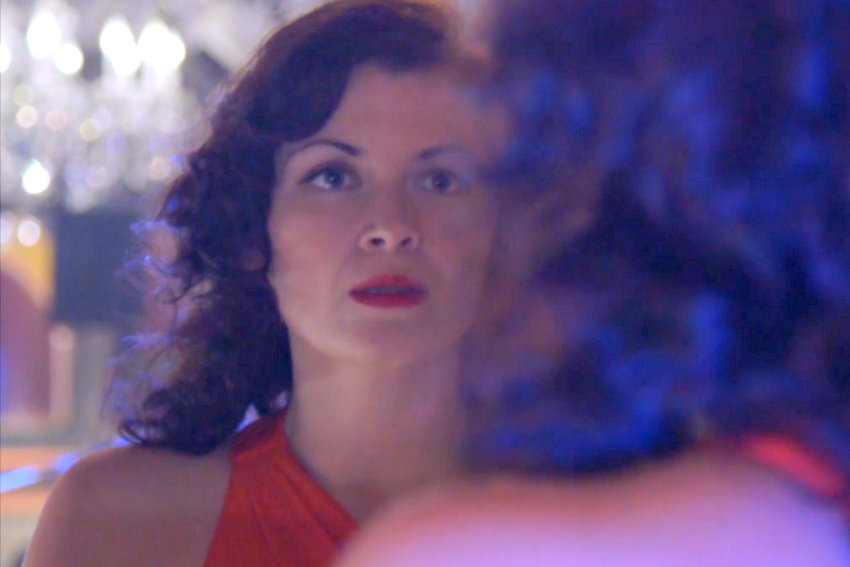
What is Cheating Charlie About?
Cheryl Neve (CN): Cheating Charlie is a spy thriller set in 1963, and it is about a US diplomat who travels to East Germany to buy a valuable painting from one of the most notorious Stasi officers of the time. What ensues is a cat and mouse game of East versus West.
The film stars Mission Impossible’s NIgel Barber, Maigret’s Leo Staar, Inglourious Basterds’ Arndt Schwering-Sohnrey, and Holby City’s Mark Moraghan, and I could not have wished for a more lovely cast and crew to work with. To produce it, I teamed up with Fire In The Hole Productions, and have since become a third member of the company alongside Rick Roberts and Tim Seyfert.
Tell us about the directing work you have done?
Cheryl Neve (CN): Cheating Charlie is the first film I have directed. I have written and produced a number of films so far, such as Second World War film Gilded, which went on to win Best Drama at the LA Film Awards, but I wanted to challenge myself this year by also trying my hand at directing!
There is a lack of respected female directors in the film industry and I want to help change that. I would say that directing Cheating Charlie has been a Baptism of fire and a huge learning curve for me, as well as one of the most enjoyable experiences that I’ve had on set.
What do you want to change about the film business?
CN: I think from what I can tell, the film industry is already changing for good. Following on from the #Metoo campaign, people feel that they can be a lot more open about the abuse they have suffered and there is not such a stigma attached when they do speak up.
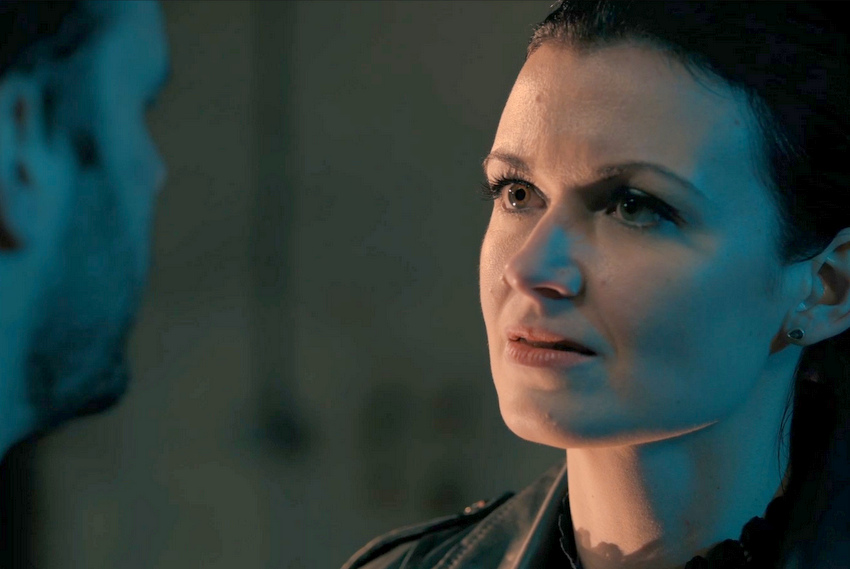
However, more should still be done to prevent this kind of exploitation in the industry. I would also love to see more female directors and producers rising up. Since 1929, only four female directors have been nominated for the best director Oscar, and this really has to change!
What do you want to be remembered for?
CN: I would like to be remembered for creating great art, through whatever medium I have at my disposal, and telling great stories!
What do you want from an actor during a production?
CN: I worked with some wonderful actors on the set of Cheating Charlie. They all came to set fully prepared, lines learned, characters developed and together we collaborated to make the scenes the best they can be.
Sometimes an actor will have a very valid suggestion about how a line could be said differently, or how their character might behave in a way that is different to the script, and I think it is important for actors to follow their instincts and to communicate this with the director. It’s also great if the actor brings the unexpected!
How do you prefer to work with a producer during a production?
CN: I have always worked closely with co-producers in the past. Director Patrick Ryder and I produced spy thriller The Doorman, and we had a great rapport and communicated regularly throughout the project.
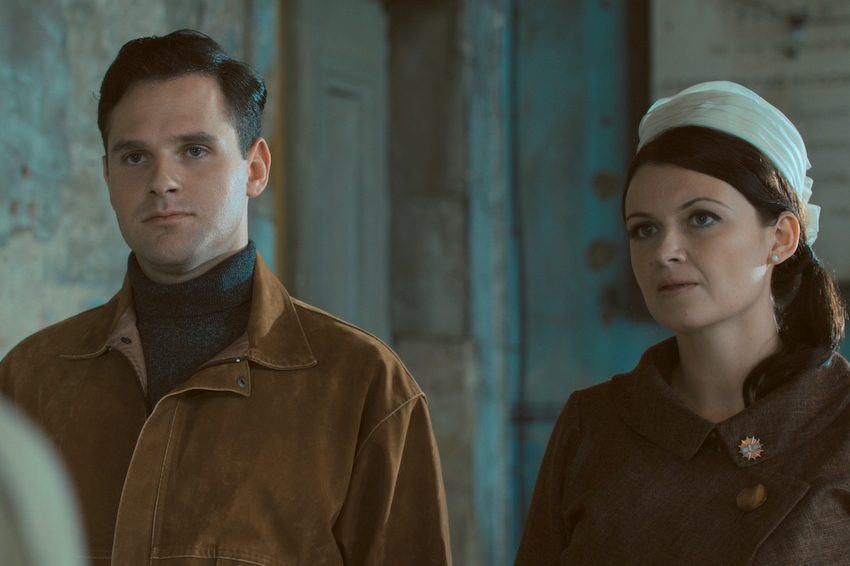
Recently, I have produced Cheating Charlie with Rick Roberts at Fire In The Hole Productions, and again communication has been paramount. At the end of the day, filmmaking is a collaborative process and having a strong team behind you is vital.
What do you think a director can do the get into the film industry?
CN: I think studying your craft is very important. I would also say that experience on set is equally as valuable. So, do whatever you can to get on a film set. Student films are the perfect learning environment for acting, producing or directing. Also, use whatever you’ve got at your fingertips to start making films! With such a great array of cameras out there, even on your mobile phone, filmmaking has never been so accessible. Use whatever tools you can to build up your experience and get your projects out there.
What advice do you have for aspiring actors and filmmakers?
CN: Never give up! You have to keep on going through the rejections and lean times. But, bit by bit things will start to happen. I would also say don’t put yourself in a box.
Some people might advise you to only focus on being an actor or being a screenwriter…I say try both, and throw in some directing if you can! Until you try, you’ll never know what you are good at or what doors might open in the industry through the work you do.
What is next for you?
CN: That’s a good question! Cheating Charlie is still in post-production. So, I need to oversee that, and I have The Vice Squad coming up. And other exciting projects in the pipeline. The great part about it all is that you never quite know what is around the corner!
Tell us what you think of the interview with Cheryl Neve. What do you think of it? What ideas did you get? Do you have any suggestions? Or did it help you? Let’s have your comments below and/or on Facebook or Instagram! Or join me on Twitter.
Follow Cheryl Neve on Social Media
Website
IMDb
Facebook
Twitter
Instagram
MORE STORIES FOR YOU
The Key Facts Behind How Jeff Nichols Made The Indie Hit MUD
Jeff Nichols gives himself directorial challenges to master on every project.
In Conversation with Michael Oblowitz Director of Confidential Informant
Confidential Informant stars Mel Gibson, Dominic Purcell, and Kate Bosworth

